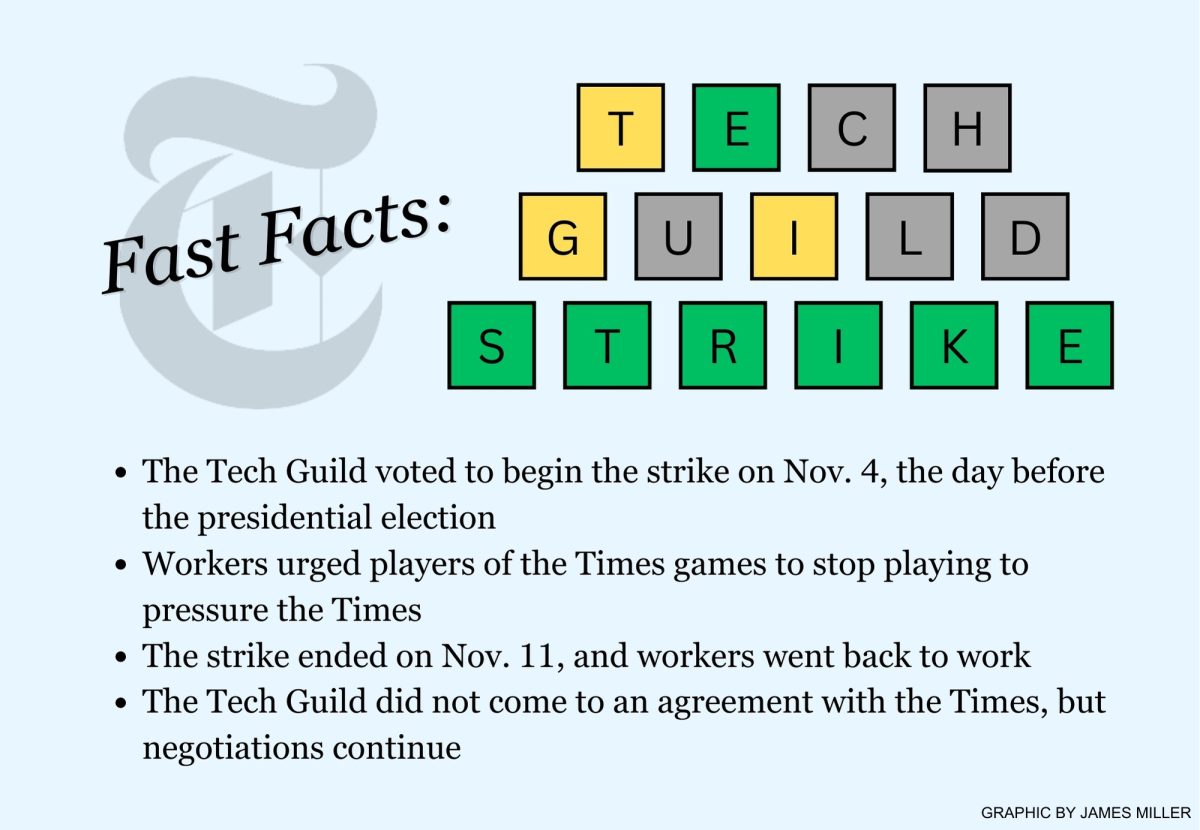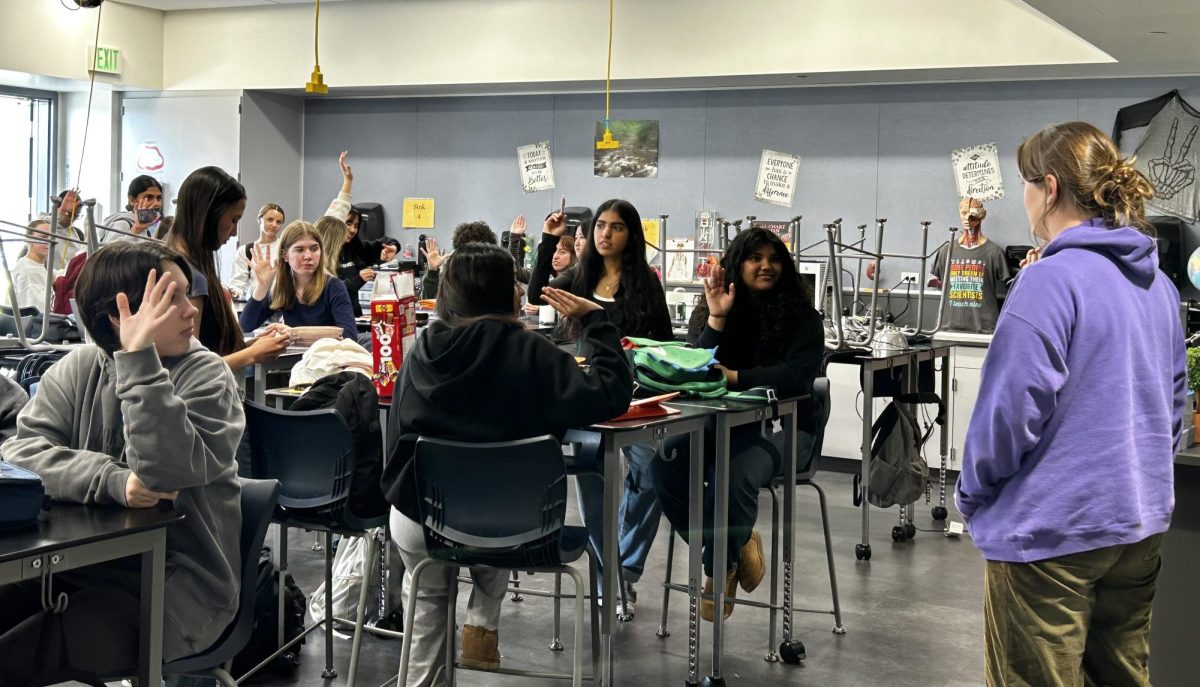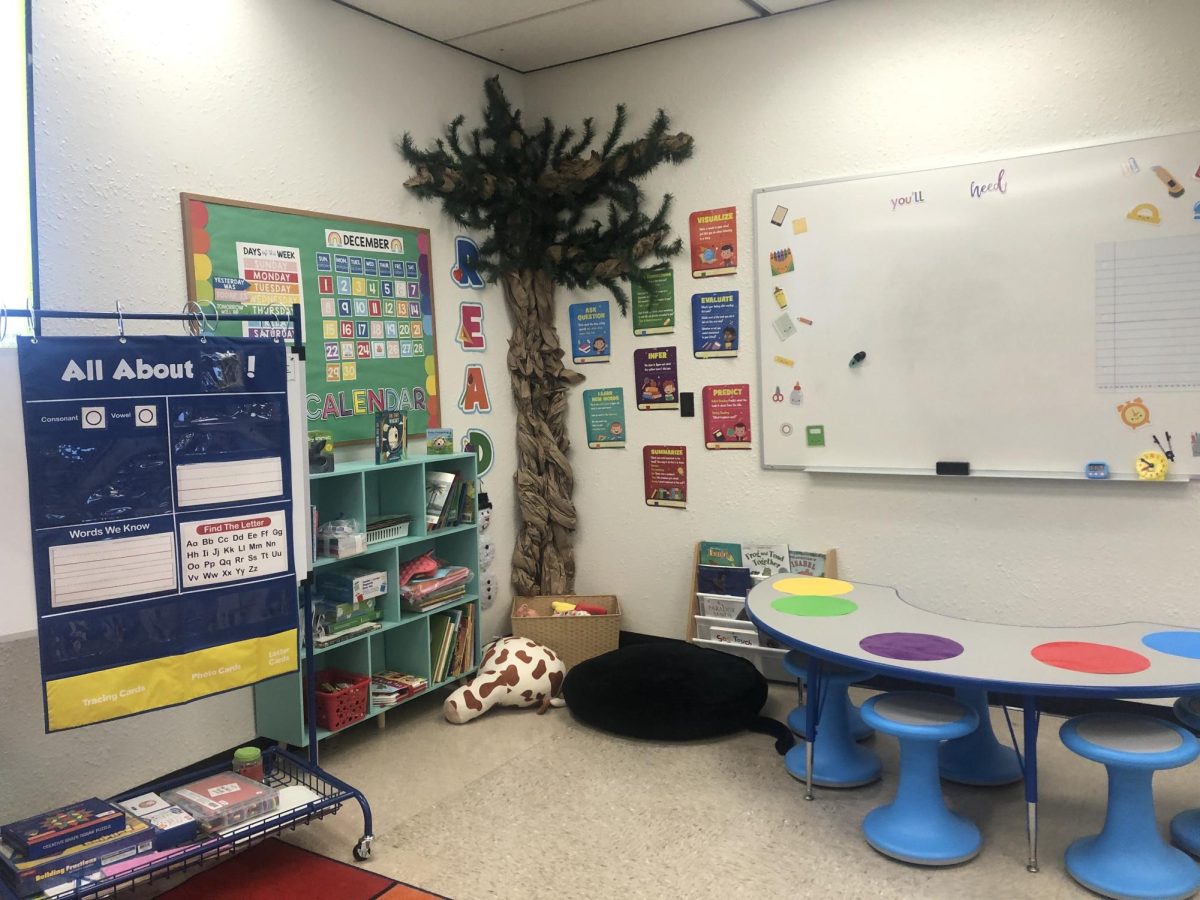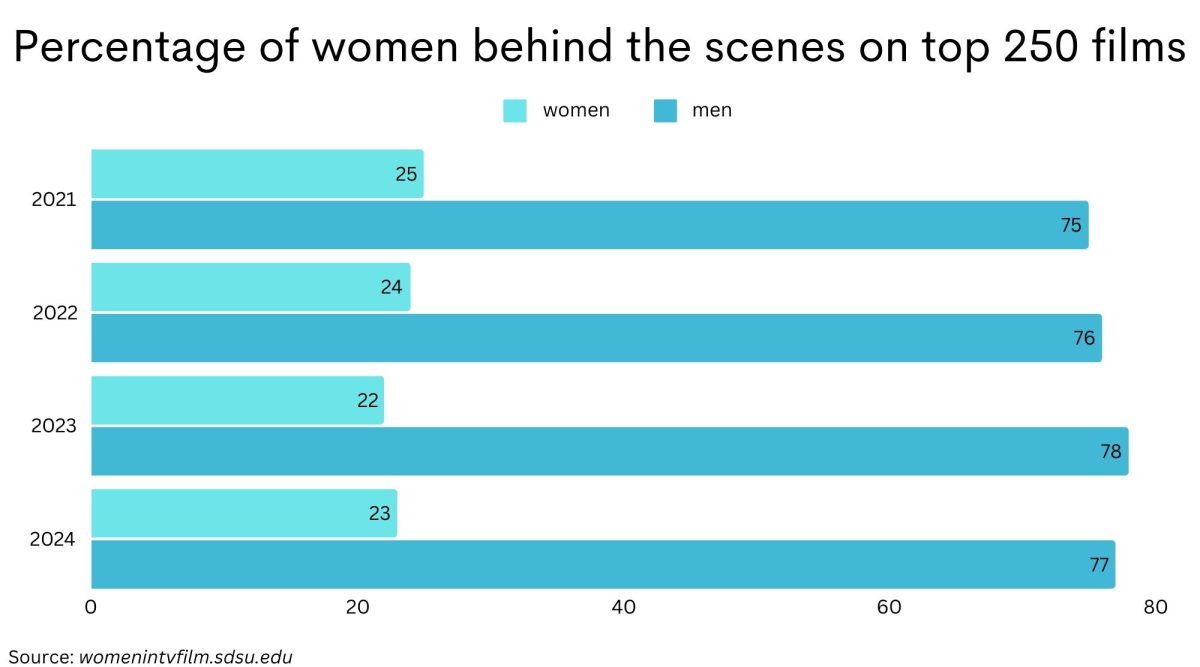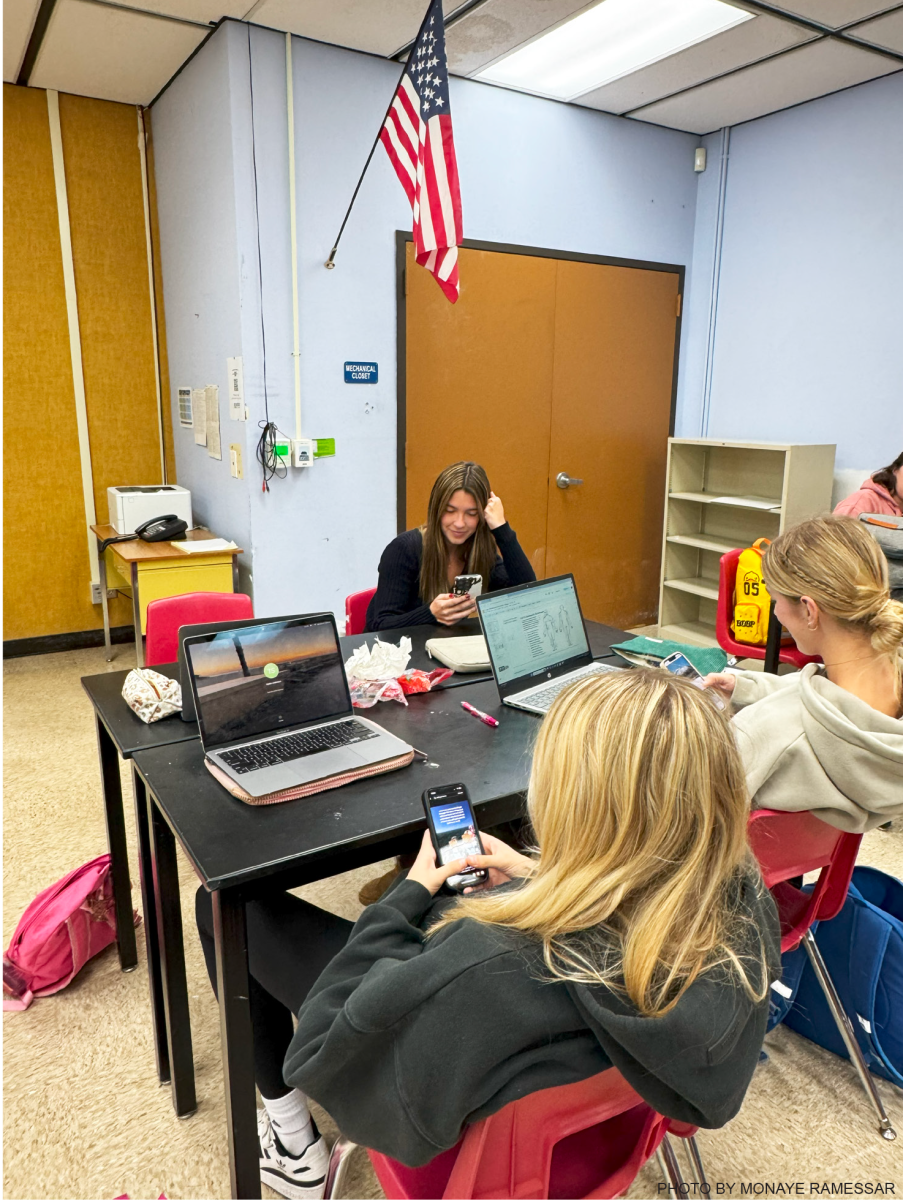CA Governor Gavin Newsom signed the Phone-Free School Act requiring California districts to pass rules to limit or ban students from using cell phones on campus or while under supervision of school staff.
1,000 school districts, charter schools and county education offices will draft student cell phone policies by July 1, 2026. Local schools will determine whether students are banned from using cellphones all together or if there will be only restrictions.
“I think [phones] are not allowing people to socialize anymore and are making people more shy and not as outgoing,” said Brandon Yen ‘25.
Phones affect the attention span of students and limit their ability to perform to their best in school. Supporting students by managing their distractions will help lead to more success in the classroom and the increased amount of information being retained. The presence of cell phones alone have detrimental effects on learning and memory, according to pmc.ncbi.nlm.nih.gov.
“I think [the phone ban] will be useful because I do find myself focusing more when I don’t see my phone or I am not in contact with my phone,” said Neris Hot ‘27.
Not only do phones take away from academic potential, but they also isolate students from making meaningful in–person relationships. People communicate more online than offline, according to sciencedirect.com.
“I think phones are addicting and living more in real life gives you more opportunities to really feel your emotions and experience things around you,” said Hot.
Managing screen time is important to be successful. Students need to learn and have interpersonal skills for jobs in the future, and it begins in the classroom. Students can add screen time limits in phone settings, encouraging them to be mindful of usage and exercise accountability.
“The first step would be to be mindful and aware of your phone [like] when you’re using it and how,” said wellness center psychologist Dani Orloff. “Be aware if you’re using it to avoid something [such as] your feelings or using it as a distraction. Start doing other things that bring you joy like going outside on a walk, doing an art project or having a hobby [to help your mental health].”
Although phones do distract people, they also play a vital role in upholding education and easy access to information and research in schools. “90 percent of district leaders surveyed said they were providing a device for every middle and high school student, and 84 percent said they were doing the same for elementary school students,” according to edweek.org.
Schools and authorities have flexibility in the way they implement these new laws. It is up to each school to factor in the best interest of their students and educate them on the dangers of overusing technology.
“I can see the idea behind banning phones, but it really just depends on the approach,” said Orloff. “If it’s adults coming in and saying ‘we’re going to ban your phones, and you can’t use it,’ I feel that would negatively impact students. [However, if students] have more information about [the phone ban] and have access to other systems in place in case of an emergency instead of just not having phones at school, it is beneficial.”



